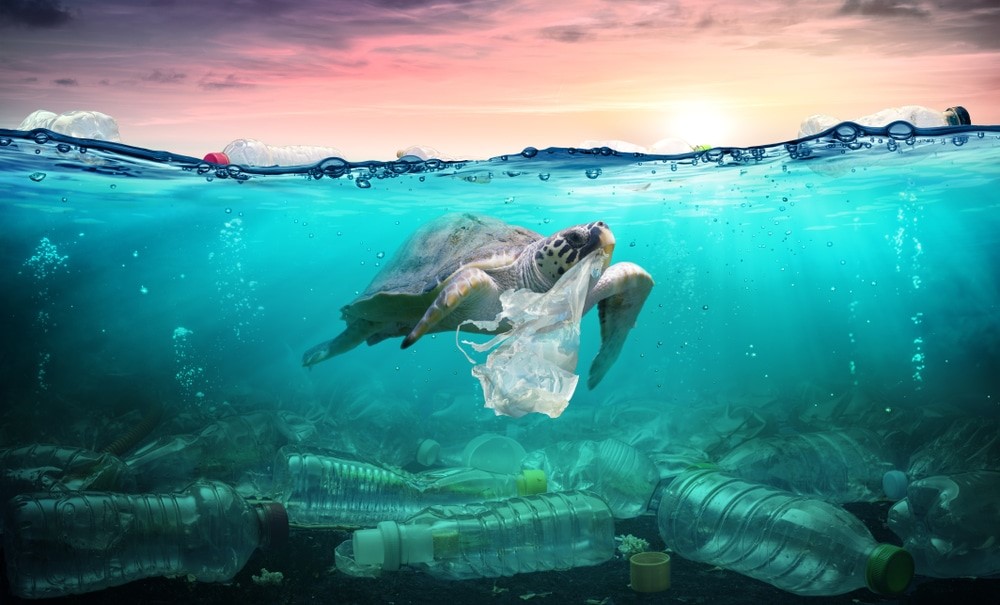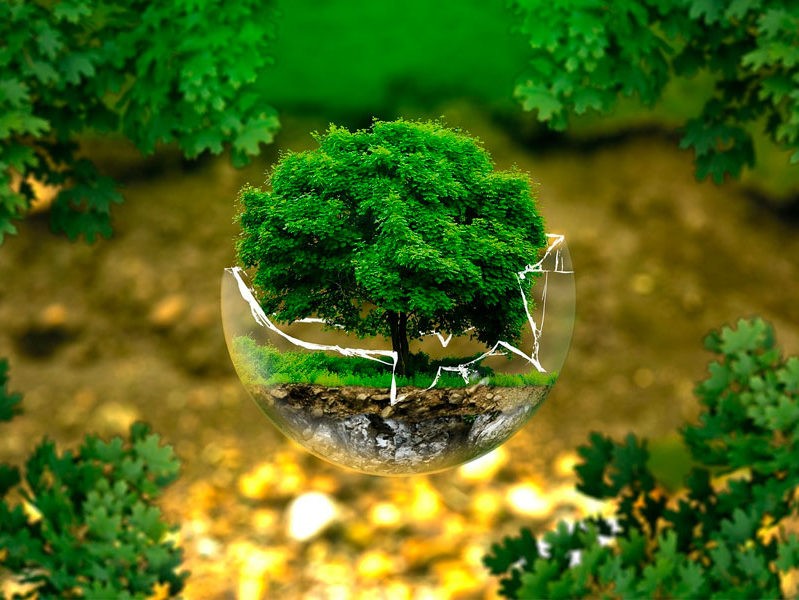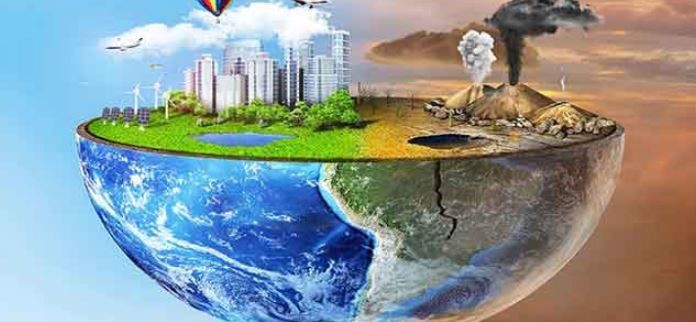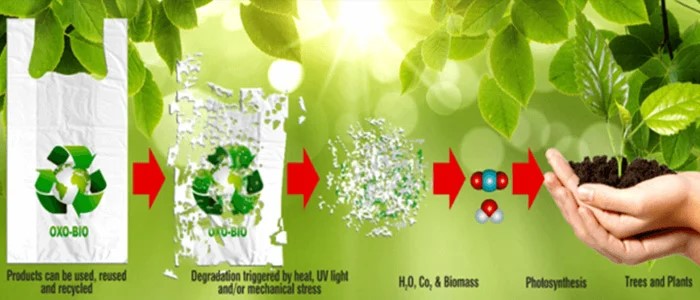Introduction to Plastic Pollution and its Impact
Plastic pollution is a significant environmental issue plaguing our planet. Traditional petroleum-based plastics take hundreds of years to decompose, leading to their accumulation in landfills and oceans. This accumulation has severe consequences for marine life, ecosystems, and human health. To address this problem, there is an increasing focus on developing biodegradable plant-based plastics as a sustainable alternative to reduce plastic pollution.
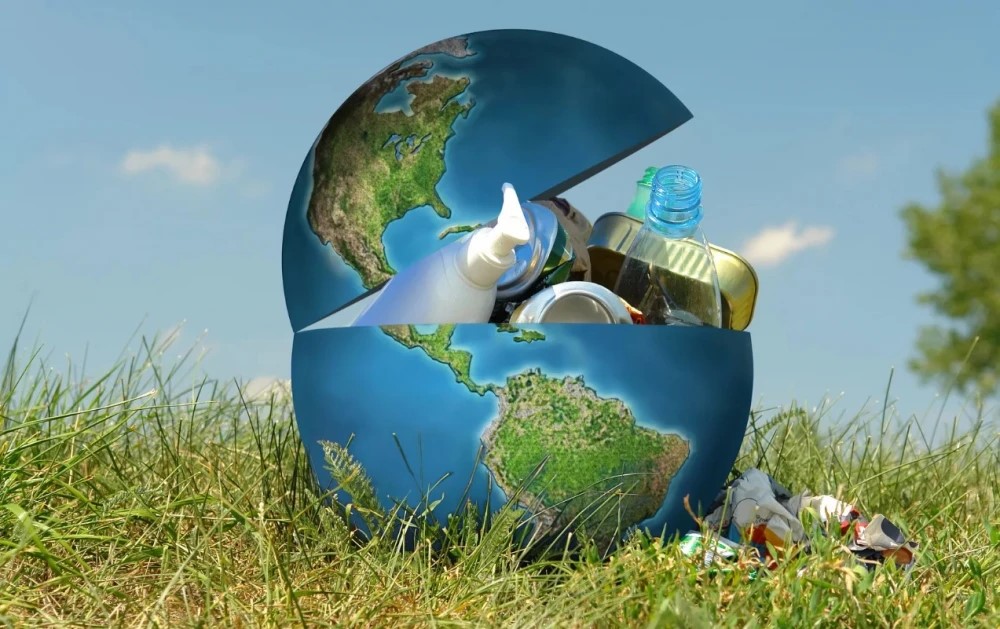
Figure 1.Plastic Pollution
Figure 1 shows Plastic pollution has emerged as one of the most pressing environmental challenges of our time. Plastics, which have become an integral part of modern life, offer convenience and versatility but also come with significant environmental consequences. This introduction will provide an overview of plastic pollution, its sources, and its impact on the planet.
Plastic pollution is the accumulation of plastic objects and particles in the environment, adversely affecting humans, wildlife, and their habitat. Plastics come in various sizes, from micro- to macro debris, and their resistance to degradation leads to their persistence. Due to their low cost and durability, plastics are widely used, causing large volumes to enter the environment as mismanaged waste. This poses a significant threat to the ecosystem and requires urgent attention to mitigate its impact.[1]
Plastics are synthetic polymers derived from petrochemicals and have revolutionized industries such as packaging, consumer goods, and construction due to their durability and low cost. However, their long-lasting nature has also led to a pervasive pollution problem.
Sources of Plastic Pollution:
Single-Use Plastics: Items like plastic bags, straws, bottles, and packaging materials contribute significantly to plastic pollution. These items are designed for short-term use but can persist in the environment for hundreds of years.
Microplastics: Microplastics are tiny plastic particles, less than 5mm in size, that result from the breakdown of larger plastics or are intentionally added in some products like microbeads in cosmetics. They can enter ecosystems through various means, including direct release, fragmentation, and washing of synthetic fabrics.
Plastic Waste Mismanagement: Improper waste disposal and inadequate recycling systems lead to plastic litter entering waterways and accumulating in landfills, exacerbating plastic pollution.
Impact of Plastic Pollution:
Environmental Harm: Plastics, especially in marine environments, pose a severe threat to wildlife. Marine animals can ingest or become entangled in plastic debris, leading to injury or death. Plastic pollution also affects terrestrial ecosystems, as animals may ingest plastics or suffer from habitat degradation due to plastic litter.
Ocean Pollution: The majority of plastic waste eventually finds its way to the oceans, forming large floating debris patches. These patches, like the Great Pacific Garbage Patch, disrupt marine ecosystems and have far-reaching consequences on marine life and biodiversity.
Human Health Risks: Plastics' persistence in the environment allows them to accumulate toxins and pollutants over time. When plastics break down into microplastics, they can enter the food chain, potentially posing health risks to humans through the consumption of contaminated seafood and water.
Economic Impact: Plastic pollution has economic repercussions, including losses in tourism, fisheries, and clean-up costs. Additionally, it strains waste management systems and affects municipal budgets.
Climate Change Implications: The production and disposal of plastics contribute to greenhouse gas emissions, further exacerbating climate change.
Addressing plastic pollution requires collective action from individuals, industries, and governments. Solutions include reducing single-use plastics, improving waste management, promoting recycling and circular economy practices, and investing in research and innovation for sustainable alternatives like biodegradable plant-based plastics. By taking concerted efforts, we can mitigate the impact of plastic pollution and preserve the health of our environment and future generations.
References:
- https://en.wikipedia.org/wiki/Plastic_pollution
Cite this article:
Janani R (2023),Biodegradable Plant-Based Plastics: Reducing Plastic Pollution, Anatechmaz,pp 1


